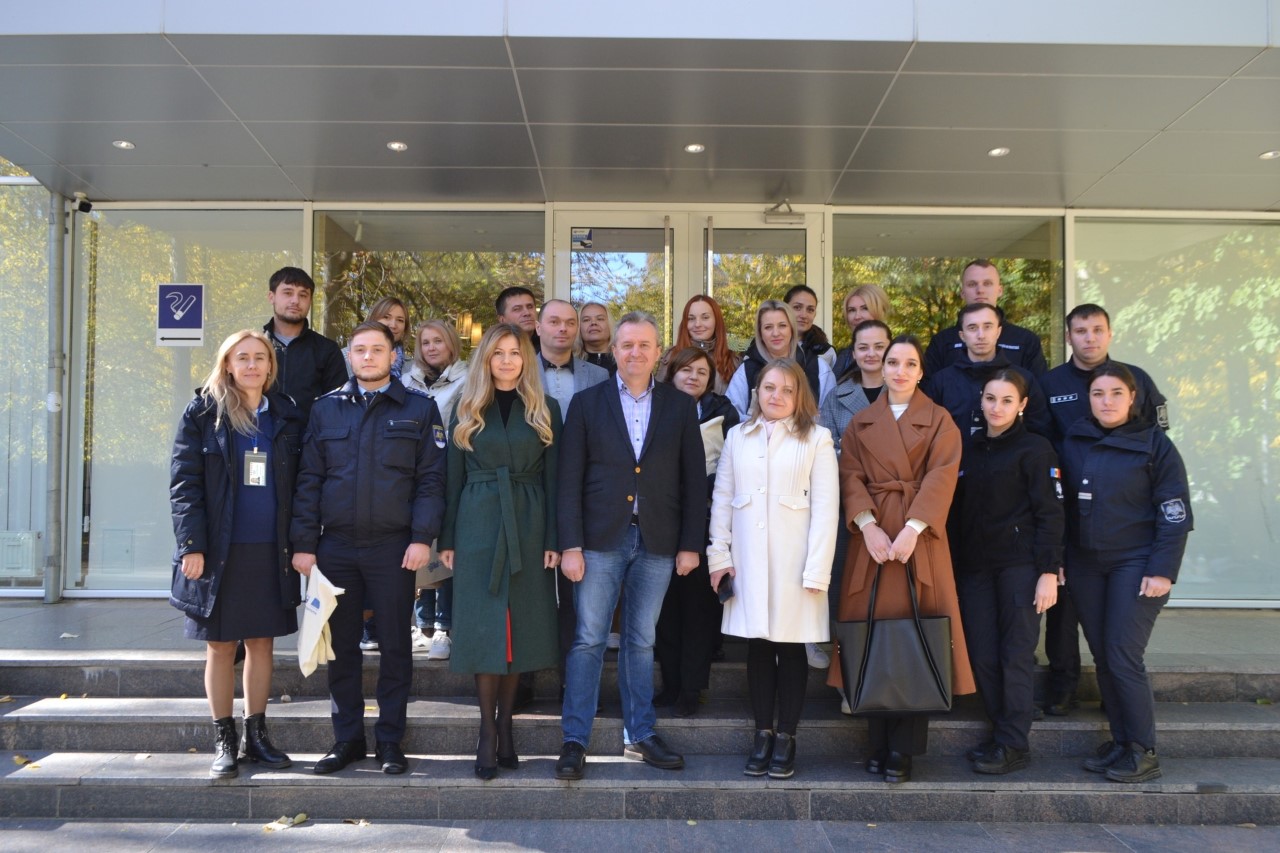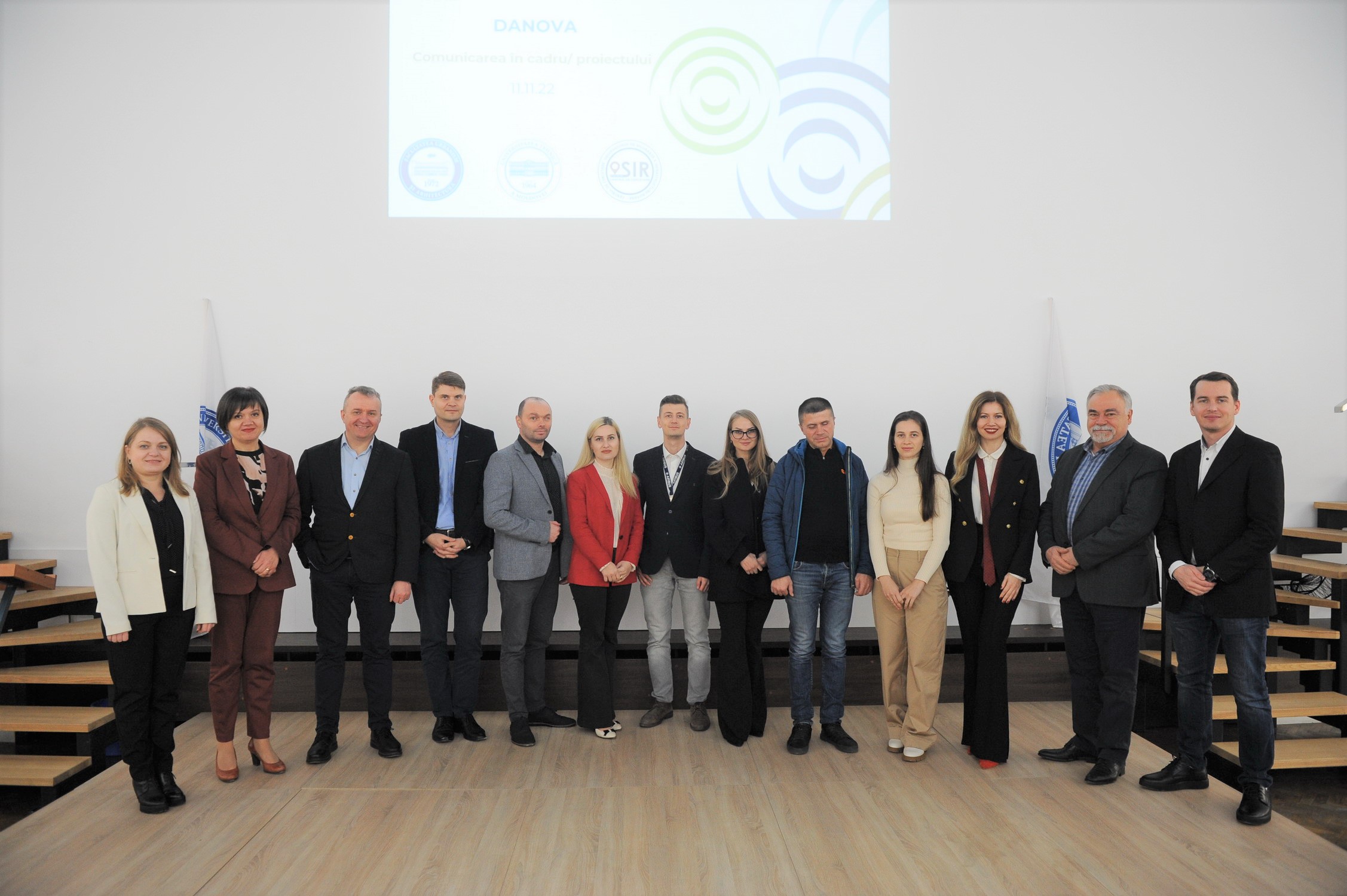Enhancing Accessibility: Ilie Bricicaru Reflects on the DANOVA Project's Impact in Moldova
22-08-2023
Ilie Bricicaru serves as the Dean of the Faculty of Architecture and Urban Planning at the Technical University of Moldova (TUM) and also holds the position of Director at TUM Road Safety Observatory. Additionally, he played a pivotal role as the project manager for the DANOVA project in the Republic of Moldova, which focused on improving accessibility for the blind and visually impaired individuals in transportation hubs such as airports, ports, train, and bus stations. With a wealth of expertise, Ilie now shares his insightful perspective on the successful completion of this transnational initiative within his country. Among the key endeavors undertaken as part of the project, a significant milestone was reached through the comprehensive audit of the passenger terminal at Chisinau International Airport. This critical step served to identify and address the existing accessibility barriers that impede individuals with visual impairments from accessing vital information and transportation services.
March 2, 2023

1. How have the project results been used?
One of the main activities we carried out within the project consisted of performing local assessment of the passenger terminal of the Chisinau International Airport (KIV). This assessment was a complex work. It required the organization of trainings and awareness raising workshops with KIV staff, including the airport's top management, a preparation of practical guide for assessing accessibility of the airport terminal for blind and visually impaired people, and conducting the assessment itself. The staff from TUM as well as from Moldovan Blind Association were also trained to carry out this type of assessment. Additionaly, all the materials (evaluation guide, reporting templates, etc.,) developed within the project, were translated into Romanian.
At the same time, multiple communication activities were performed within the project with students from the Faculty of Urbanism and Architecture of TUM, who were trained in applying the concept of universal design. Due to the project intervention, this concept was introduced in educational curricula for future architects, urban planners and road infrastructure engineers. Finally, the project team produced the so-called capitalization strategy, and the catalog of existing solutions and best practices.
2. Was the project's impact on policy making as expected?
Public policies in the field of accessibility for platforms with special needs in the Republic of Moldova have already been in line with good practices. However, the real problems arise at the level of public policy implementation, specifically when it comes to the practical application of technical requirements (norms), contained in the national construction guidelines for transport facilities. Along these lines, project impact on national public policy implementation resided in disseminating international practices for application of pilot projects in transport facilities (airports, ports, railway stations, etc.,).
3. Have the project results influenced policy decisions or led to any changes in the field?
4. Was there any resistance or challenges in incorporating the project results into their work?
5. How can future projects better support use of the results to drive positive change?

